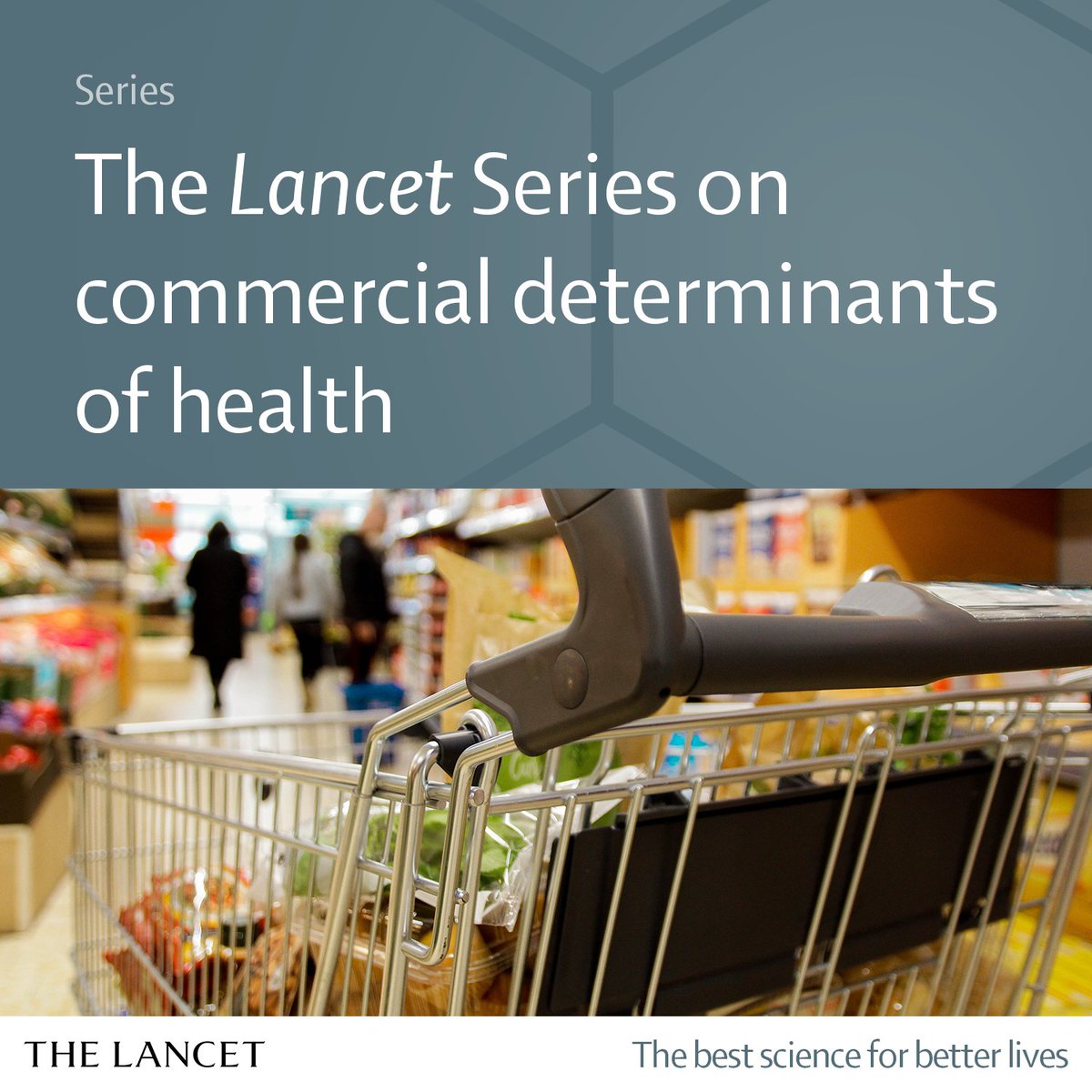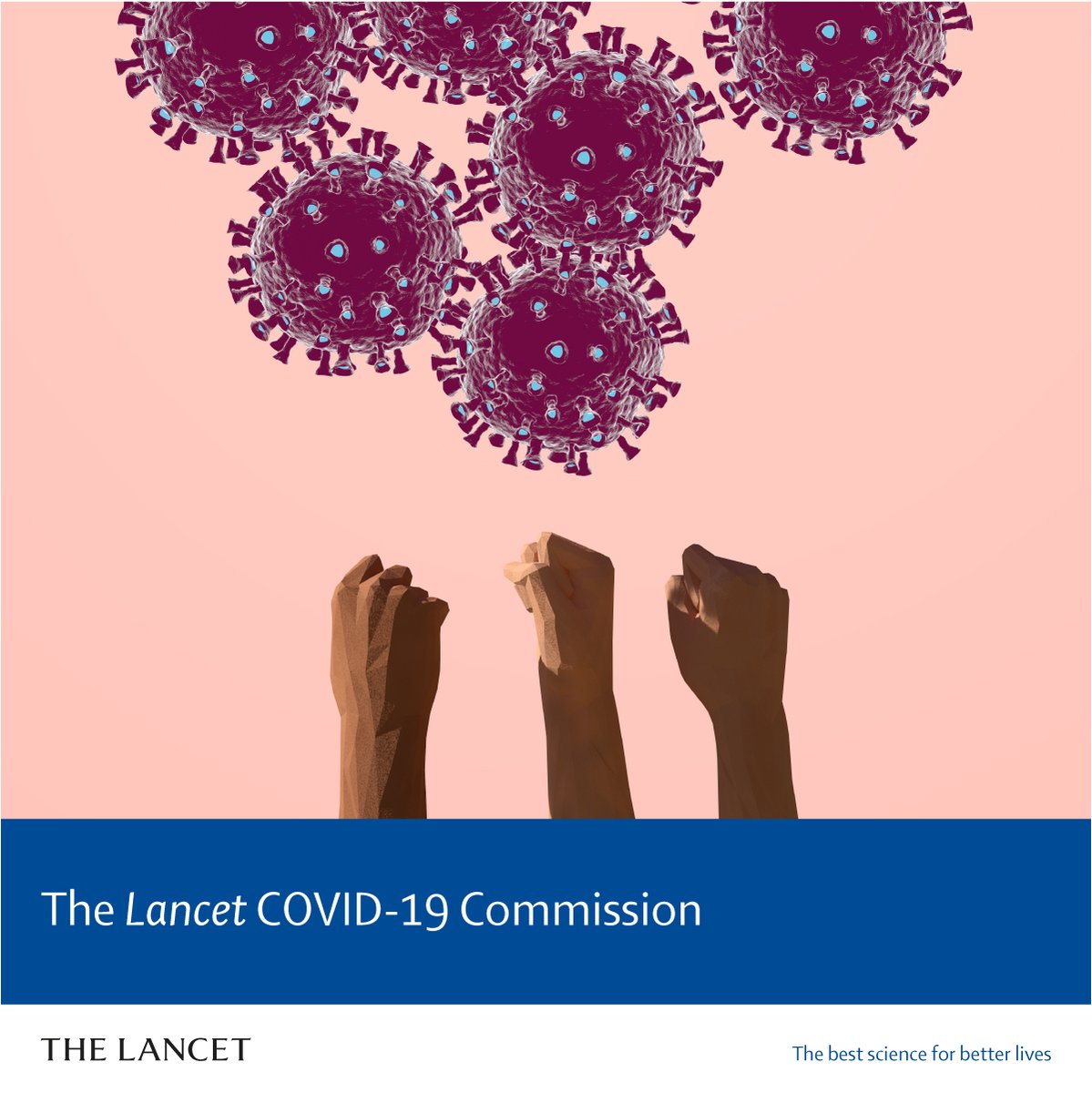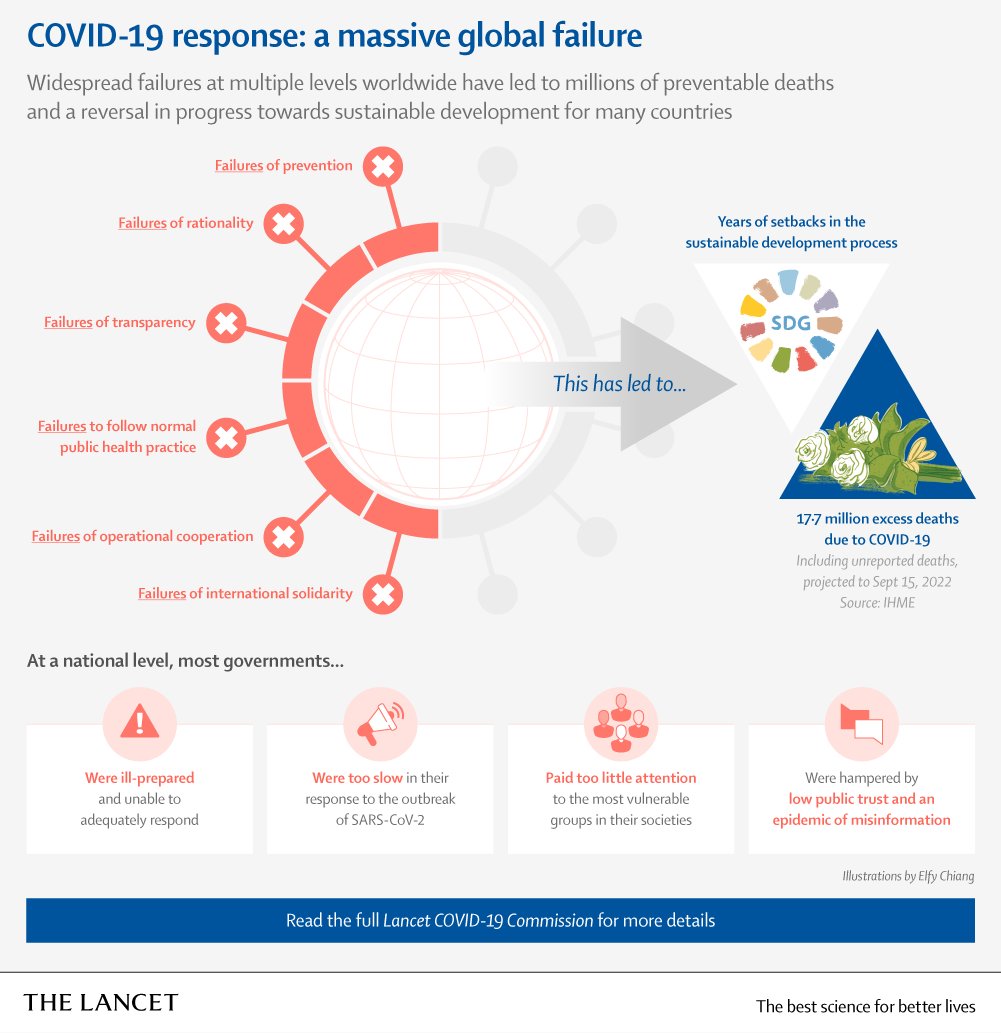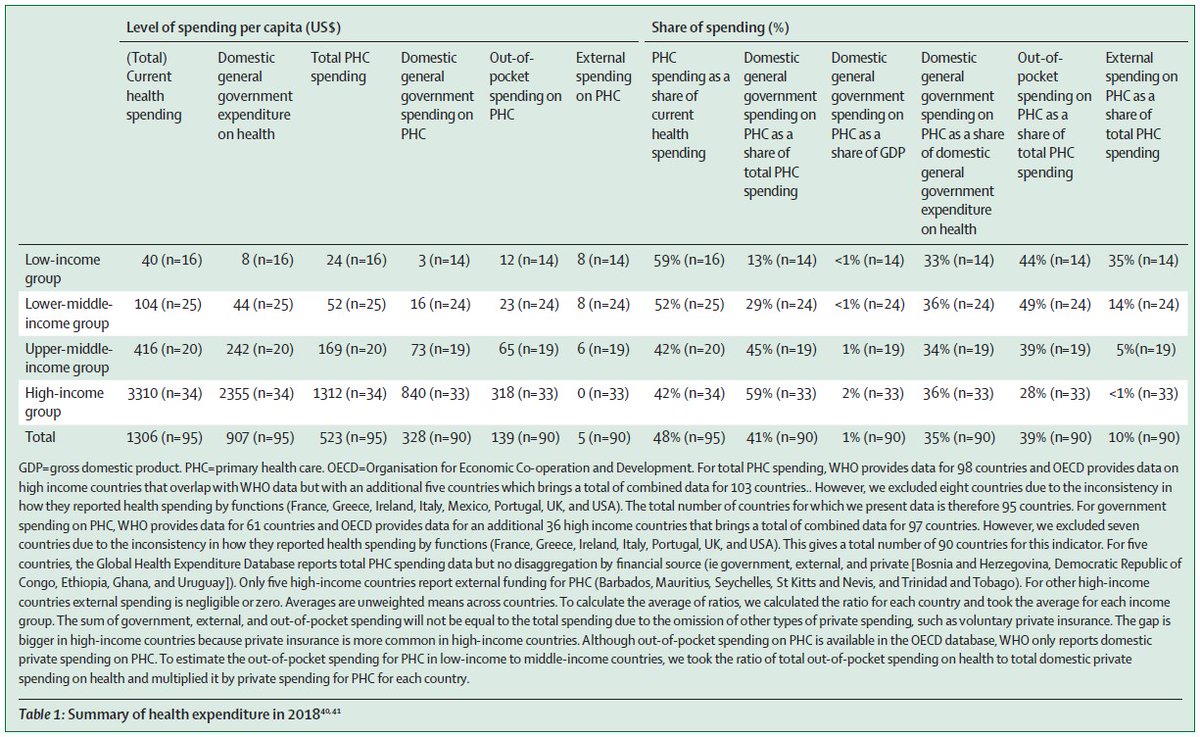On #WomenInScience Day, we celebrate 1 year since #LancetWomen, our theme issue highlighting that #genderequity in science is not only a matter of justice & rights but is crucial to producing the best research hubs.ly/H0mZw340 

Our #LancetWomen issue raised concerns about systemic #genderbias impeding the advancement of, and equity for, women within the fields of science, medicine, & global health #womeninSTEM hubs.ly/H0kb0Yv0 

Watch: Recording of London #LancetWomen launch event
Hear from our keynote speaker @CCriadoPerez as well as Editors @richardhorton1 @jocalynclark @DrZucc, authors & experts incl @feminineupheave @GeordanShannon @EdWhiting1 @hwitteman @ImogenRCoePhD
📹bit.ly/LancetWomenLon…
Hear from our keynote speaker @CCriadoPerez as well as Editors @richardhorton1 @jocalynclark @DrZucc, authors & experts incl @feminineupheave @GeordanShannon @EdWhiting1 @hwitteman @ImogenRCoePhD
📹bit.ly/LancetWomenLon…
6 months later, The Lancet Group announced a new Diversity Pledge expressing our commitment to increasing representation of women & colleagues from low-income & middle-income countries among our editorial advisers, peer reviewers & authors #WomenInScience hubs.ly/H0kb0Yd0 

In #LancetWomen, we made commitments to diversify our reviewers and editorial advisors across our journals hubs.ly/H0mZwBf0
1 year on, here is our progress...
1 year on, here is our progress...
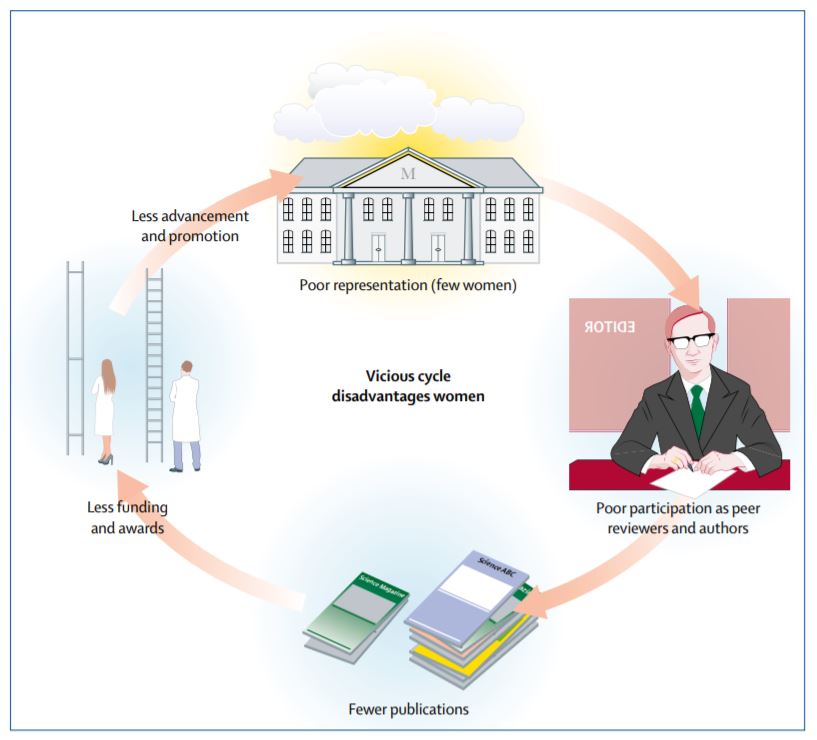
In mid-2018, editorial advisory boards across 18 The Lancet group journals were comprised of 30% women overall (range 6% to 45%), which led to a commitment by Lancet specialty journals to reach gender parity (50% women) by 2020
We are delighted to announce that in January 2020, our editorial advisory boards now comprise 50.6% women overall (range 35% to 63%). Across 19 journals, 16 have more than 50% women members.
We are also tracking progress in the proportion of female reviewers at The Lancet, which was 30% in 2019, up from 28% in 2018 and 22% in 2017
In The Lancet's Comment section, which publishes about 275 commissioned commentaries per year, women authors overall have improved from 30.5% in 2016 to 39.2% in 2018 to 40.5% in 2019; and of female corresponding authors from 25.6% to 34.4% to 37.9%
Our journals continue to publish content relevant to achieving #genderequity among their fields & at the start of the year, we announced exciting new projects & the continuation of existing projects, including #LancetWomen #GenderNormsandHealth #SRHRagenda hubs.ly/H0mrFH50 

• • •
Missing some Tweet in this thread? You can try to
force a refresh



